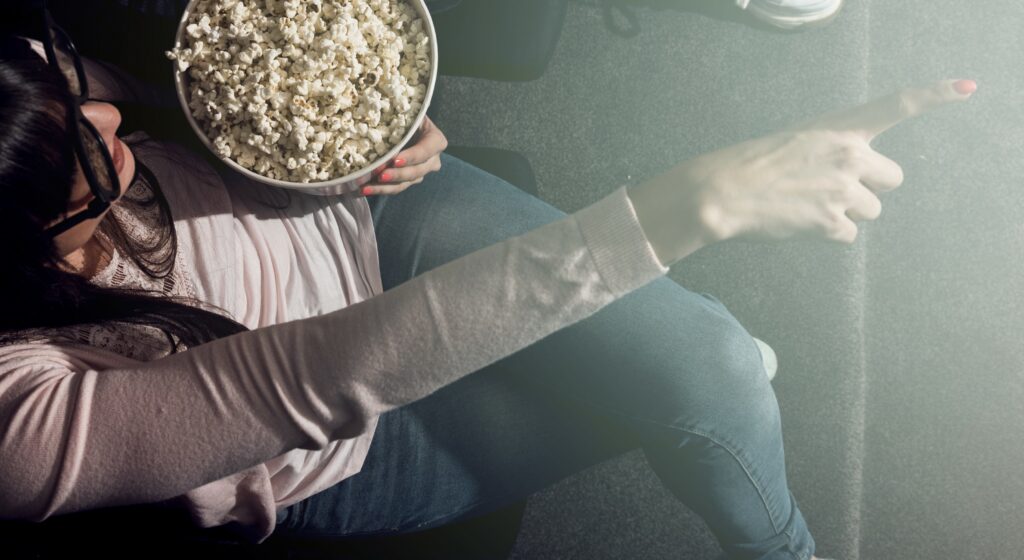
Artificial Intelligence in Film Extras
Concerns and Possibilities
As artificial intelligence (AI) continues to advance and permeate various industries, the entertainment sector is not immune to its transformative effects. Recently, there has been growing concern among film extras about the potential threat AI poses to their livelihoods. An NPR article published on August 1, 2023, explores the anxieties around this issue. In this blog, we look at the implications of AI replacing movie extras, the reasons behind these fears, and the possibilities that AI could bring to the film industry.
1. The Rise of AI in Film Production
Advances in AI technology have opened up new possibilities for filmmakers. AI-powered tools can now create realistic computer-generated imagery (CGI) and generate digital backgrounds, reducing the need for elaborate physical scenarios. In addition, AI is being used for script analysis, character development, and even directing certain scenes. These innovations have undoubtedly improved the film production process, but they have also raised concerns among traditional film extras about the potential erosion of their roles.
2. Fears and Apprehensions of Film Extras
Film extras are an integral part of the film industry, often providing context and background ambience in scenes. However, with AI’s ability to create virtual crowds and characters, the demand for physical extras could decrease. This has generated apprehensions among these people about the future of their careers. Many fear that AI-generated extras could replace human performers, leading to job losses and a shift in the dynamics of film production.
3. The Possibilities of AI in Film Production
While there are valid concerns about job losses, AI also offers new creative possibilities to the industry. Filmmakers can now imagine grander, more fantastical scenes that were previously limited by budget and logistics. The crowds and AI-generated backgrounds could bring fictional worlds to life, offering filmmakers unprecedented creative freedom. In addition, AI could play a crucial role in improving efficiency during post-production, reducing time and costs.
4. The Coexistence of AI and Human Talent
It is important to remember that AI in film production does not completely replace human talent, but is a complementary tool. While crowds and AI-generated backgrounds may become more frequent, human actors and extras bring authenticity and emotional depth to scenes that AI can’t yet replicate. The industry is likely to find a balance where AI improves certain aspects of production while leaning on human performers for the emotional nuances that make films resonate with audiences.
5. Retraining and Adaptation
The rise of AI in film production underscores the importance of retraining and adaptation in the entertainment industry. Film extras, along with other professionals, can embrace AI as a tool that complements their skills rather than being a fearsome competition. Learning how to work alongside AI technologies and harness their potential for personal growth can enable people to stay relevant and valuable in an evolving film landscape.
Conclusion
The growing influence of AI in film production is a double-edged sword for film extras. While there are genuine concerns about job losses, there are also exciting possibilities for creative enrichment and efficiency in the industry. The key lies in finding a balance where AI and human talent coexist harmoniously. The film industry must prioritize retraining and adaptability to ensure that professionals, including film extras, can successfully navigate the changing landscape. As the industry continues to evolve with AI, embracing innovation and preserving the unique contributions of human performers will be crucial to shaping the future of cinema.

Comments are closed.